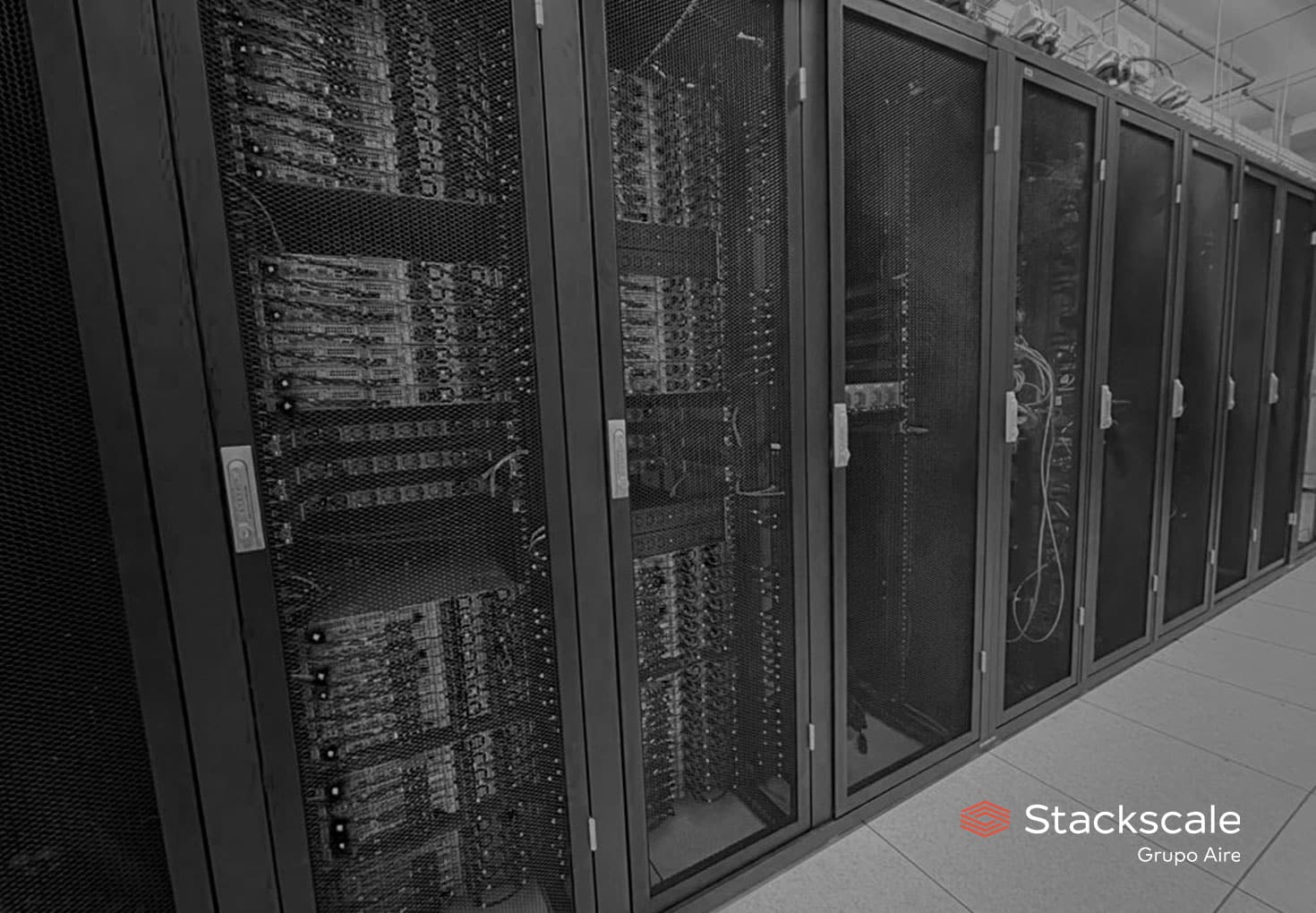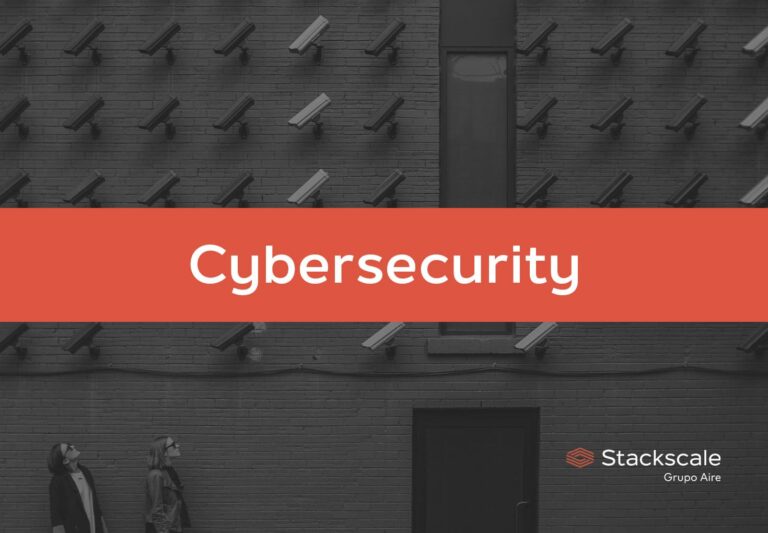Choosing between a physical data center and a virtual data center is a critical decision for many businesses evaluating their IT strategy. This dilemma arises for companies just starting to manage data or those looking to rethink their current infrastructure approach.
Despite the increasing digitalization of business, few companies fully understand the advantages and disadvantages of these options or how they impact corporate strategy and operational costs. While organizations often manage their core expenses effectively, they may overlook costs related to IT infrastructure, which can lead to inefficiencies. In this context, deciding between a physical data center and a virtual data center becomes essential to optimize resources and ensure success in a competitive market.
Advantages of a Physical Data Center
Data Remains Within the Company
Data is the most valuable asset for any organization, and many companies prefer to maintain full control over it. The idea of entrusting critical business information to a third party or storing it “in the cloud” is still a concern for some executives. Having an on-premises physical data center provides them with a sense of security and control.
Tailored to Business Needs
Certain industries or business models require infrastructure to remain in-house due to the nature of their operations. In such cases, a physical data center may be the only viable option.
Disadvantages of a Physical Data Center
Hidden Costs
Hidden costs are one of the biggest challenges when managing a physical data center. These include maintaining a dedicated, 24/7 team—even during downtime—and high maintenance costs. Additionally, all technical responsibilities rest solely on the company.
Technological Obsolescence
Hardware in physical data centers is not upgraded constantly, leading to outdated infrastructure over time. This can result in operational limitations and increased risks of failure.
Underutilized Space
The space allocated for a physical data center may not align with the company’s actual needs over time. This can lead to unnecessary fixed costs without any return on investment.
Advantages of a Virtual Data Center
Scalability
A virtual data center excels in flexibility and scalability. Businesses can adjust resources as needed, avoiding over-provisioned or underutilized infrastructure.
Guaranteed Maintenance
With a virtual data center, the provider handles maintenance, monitoring, and troubleshooting. This includes 24/7 expert technical support, eliminating the need for an in-house team for these tasks.
Investment Optimization
In a virtual data center, clients pay only for the resources they actually use. Additionally, virtual infrastructure is tailored to the specific needs of each business, offering customized solutions with high availability and performance.
Disadvantages of a Virtual Data Center
Perceived Loss of Control
Some managers remain hesitant about storing data outside the physical perimeter of their company. This perceived lack of control is one of the biggest barriers to adopting cloud-based solutions.
Limited Market Knowledge
Companies without a strong focus on technology may struggle to manage virtual data center service contracts effectively, especially when setting service-level agreements (SLAs) and metrics.
Final Takeaway: Physical or Virtual?
There’s no one-size-fits-all answer to this question. The right choice depends on your business’s unique needs, the level of security required, and the available resources. The key is to ensure a balanced relationship between quality, cost, and needs, enabling companies to thrive in an increasingly competitive landscape.
In this context, Stackscale offers tailored solutions for businesses aiming to maximize their data performance. With options like bare-metal and private cloud, high-availability infrastructure, and optimized network storage, Stackscale provides platforms designed to meet the specific needs of each client, whether through physical or virtual data centers. The focus is on supporting companies in their technological evolution while ensuring performance, security, and scalability.
Ready to Take the Next Step with Your Data Infrastructure?
Publication based on the publication Ar Telecom, a Grupo Aire company.




